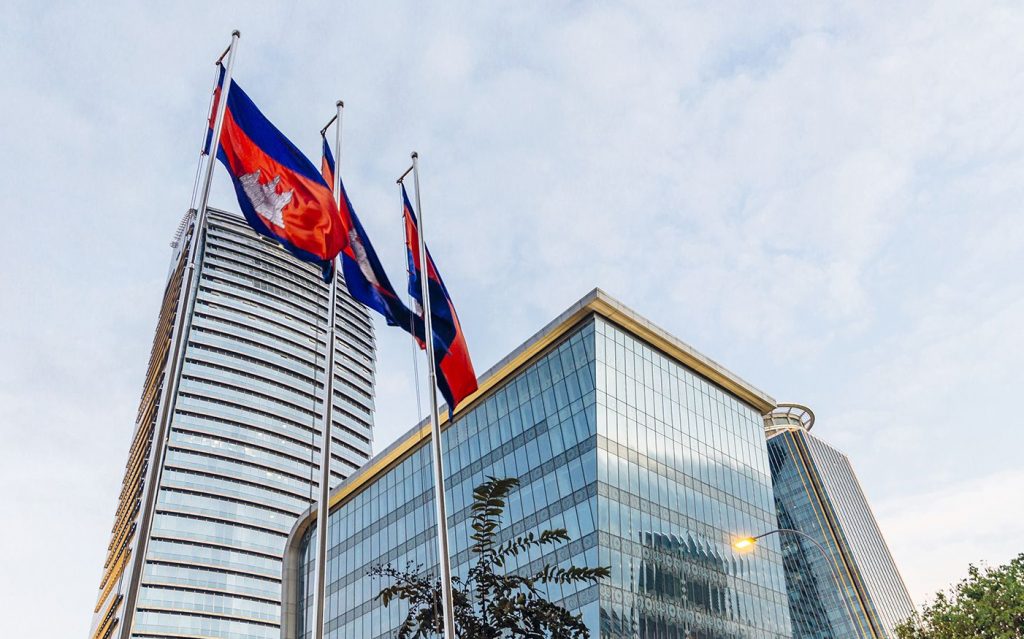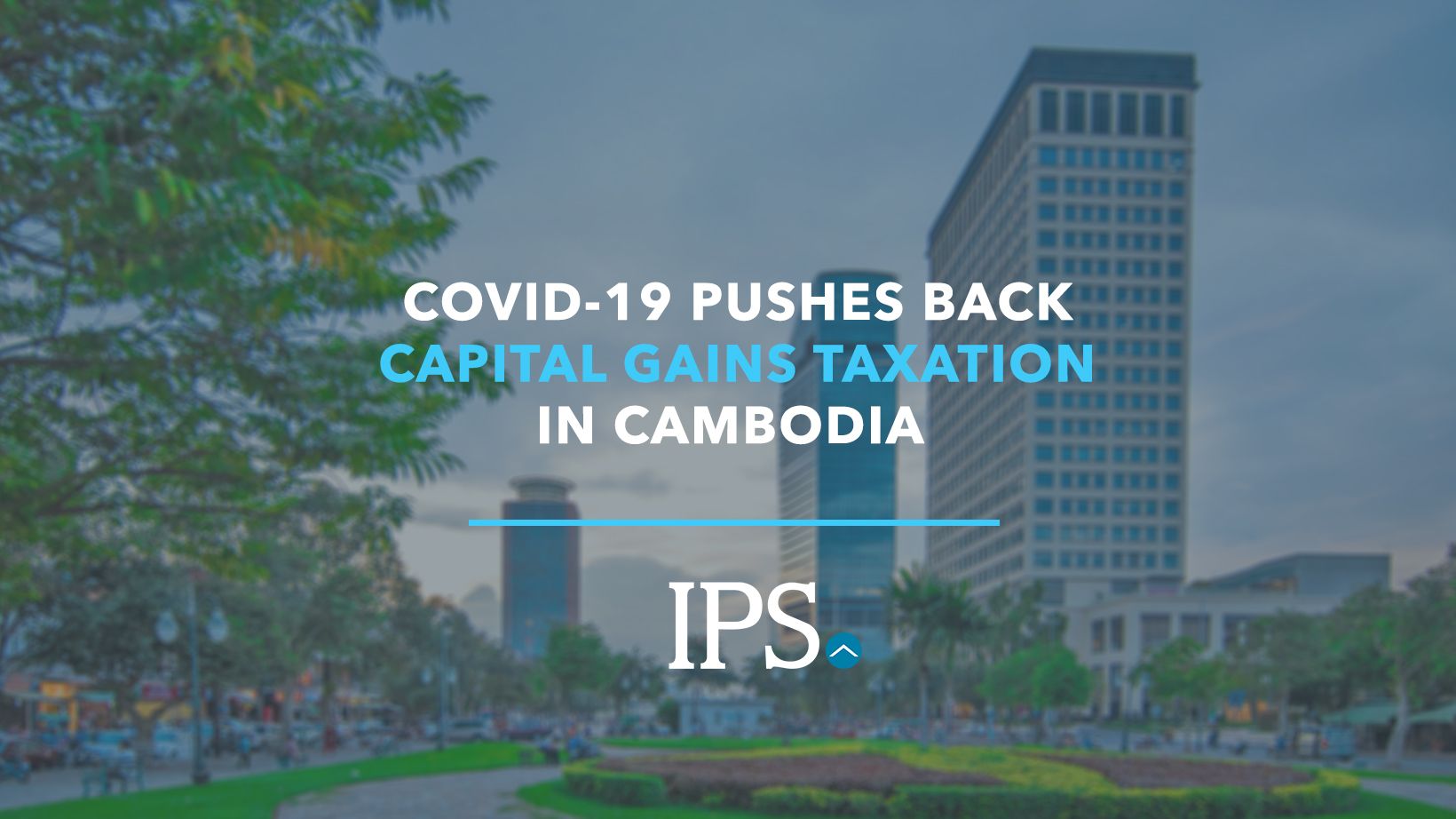
Phnom Penh, Cambodia | In a prudent move, the Cambodian Government has delayed the implementation of the Capital gains tax (CGT) in Cambodia by 12 months, meaning it will come into effect in January 2022. Given the economic toll that Covid has had on the real estate sector this decision is very much welcome and appreciated by the industry.
To highlight the impact that the Corona Virus has had on the real estate industry, Chrek Soknim, president of the Cambodia Valuers and Estate Agents Association commented that the coronavirus had led to the suspension or delay of almost 68 per cent (68%) of then-ongoing high rise condominium projects within the first six months of last year,
Fixed at 20 per cent (20%) of profit from the sale or transfer of capital assets, the CGT shall apply to both resident and non-resident taxpayers for immovable properties, leases, investment assets, intellectual property, and foreign currency. The General Department of Taxation (GDT) confirmed the postponement through Notification No. 24094, citing a request by the Housing Development of Cambodia (HDAC), a local investment advisory firm, as basis. The tax itself had already been announced mid-2020, along with guidelines and planned implementation by January 2021.
Postponement benefits taxpayers in the long run, said the GDT, in that they would have more time for a clearer understanding of the tax procedures and implications.
However, some have weighed in on the delay as an unfortunate development, including Anthony Galliano, group chief executive officer of Cambodian Investment Management, a corporate finance firm.
Galliano says that while it has safeguarded entities and individuals who were forced to sell properties in the past year from suddenly having to pay a new tax amid the pandemic, the postponement is still a large opportunity cost as the CGT would have offset lost tax revenues from economic decline.
Nevertheless, the GDT maintains that tax collection in Cambodia managed to hold ground in 2020.
CGT Indicates Direction Towards Personal Income Tax
Despite delayed implementation, the CGT is far from a new concept in Cambodian tax law, which was last amended in 2003.
It had been included under Article 7, signaling the first step that authorities would take towards regulating personal income tax as it will affect individuals as well as legal entities.
Months before the Covid-19 outbreak, in September 2019, the International Monetary Fund (IMF) had pointed out that Cambodia drew little from progressive income sources, saying revenue from these components – including capital gains – made up a mere 4.2 per cent (4.2%) of gross domestic product (GDP) in 2017.
In 2020, the World Bank noted that the coronavirus had caused a slowdown not only in construction and real estate, but also tourism, manufacturing, and exports, which altogether contribute to over seventy per cent (70%) of economic growth and almost forty per cent (40%) of paid employment.
The pandemic’s effect on the usual tourist influxes thus may have been a wake-up call for authorities to bolster local revenue independent of market activity from foreigners. Hence, the slow but steady move towards taxation of capital gains and personal income.

